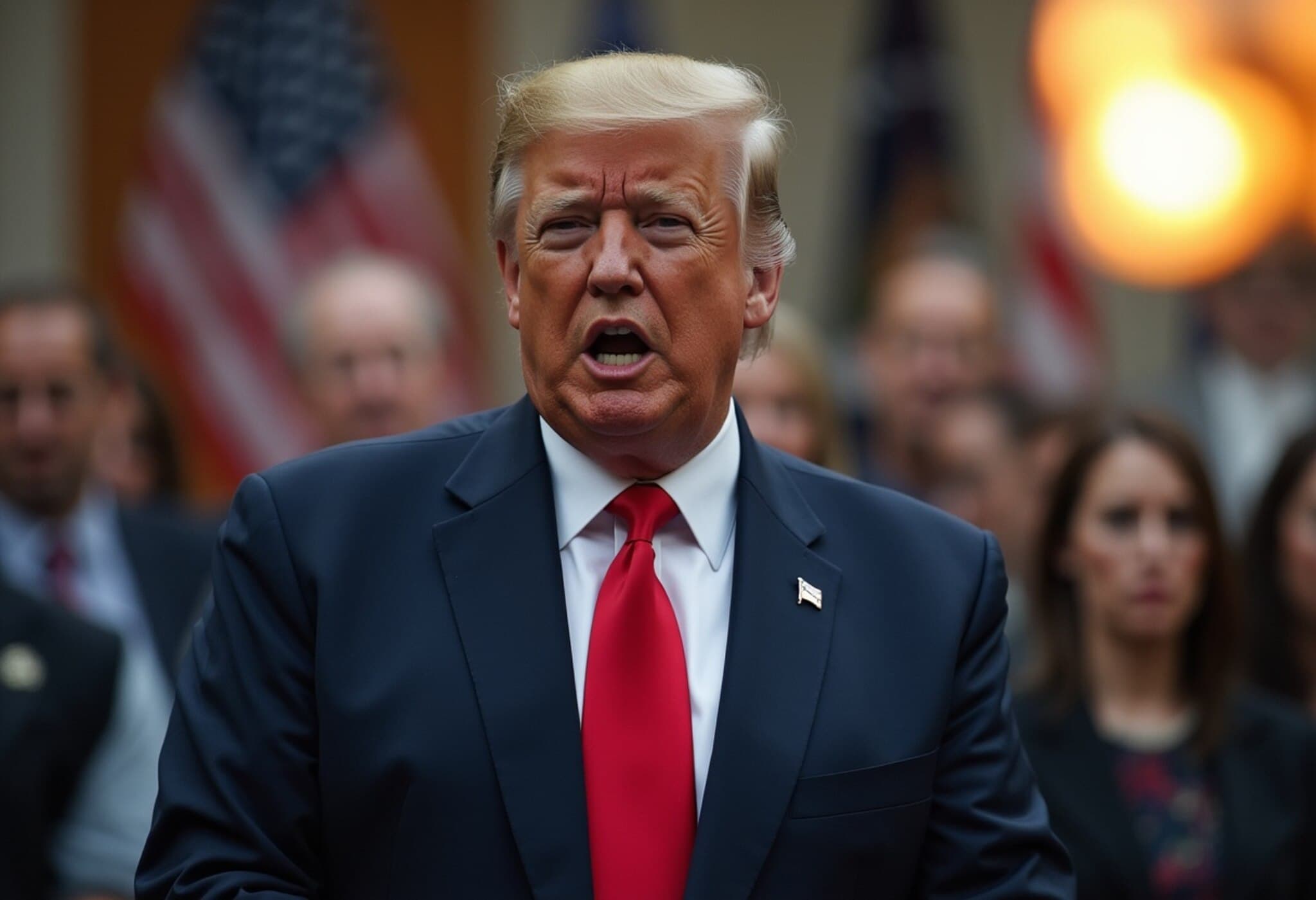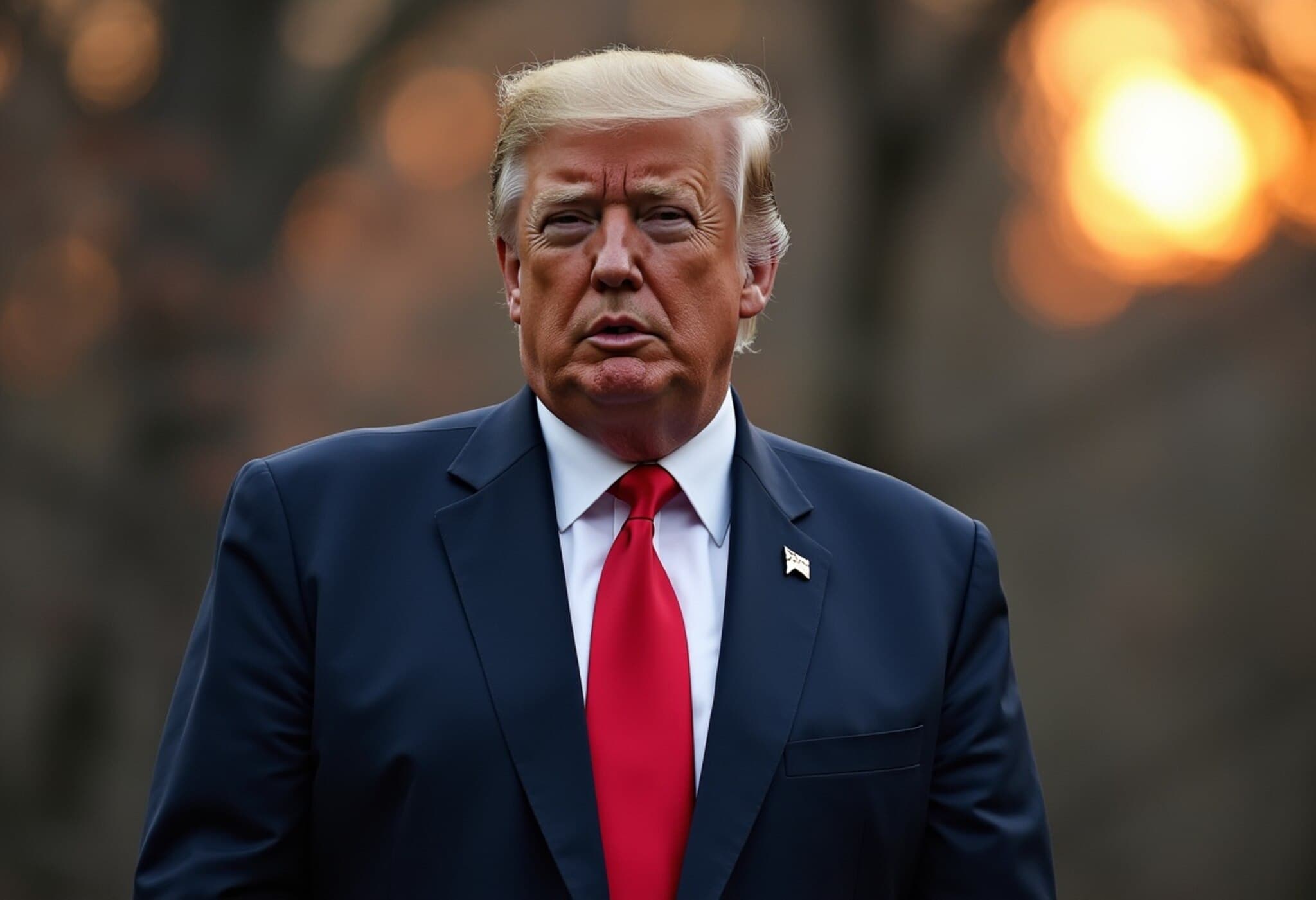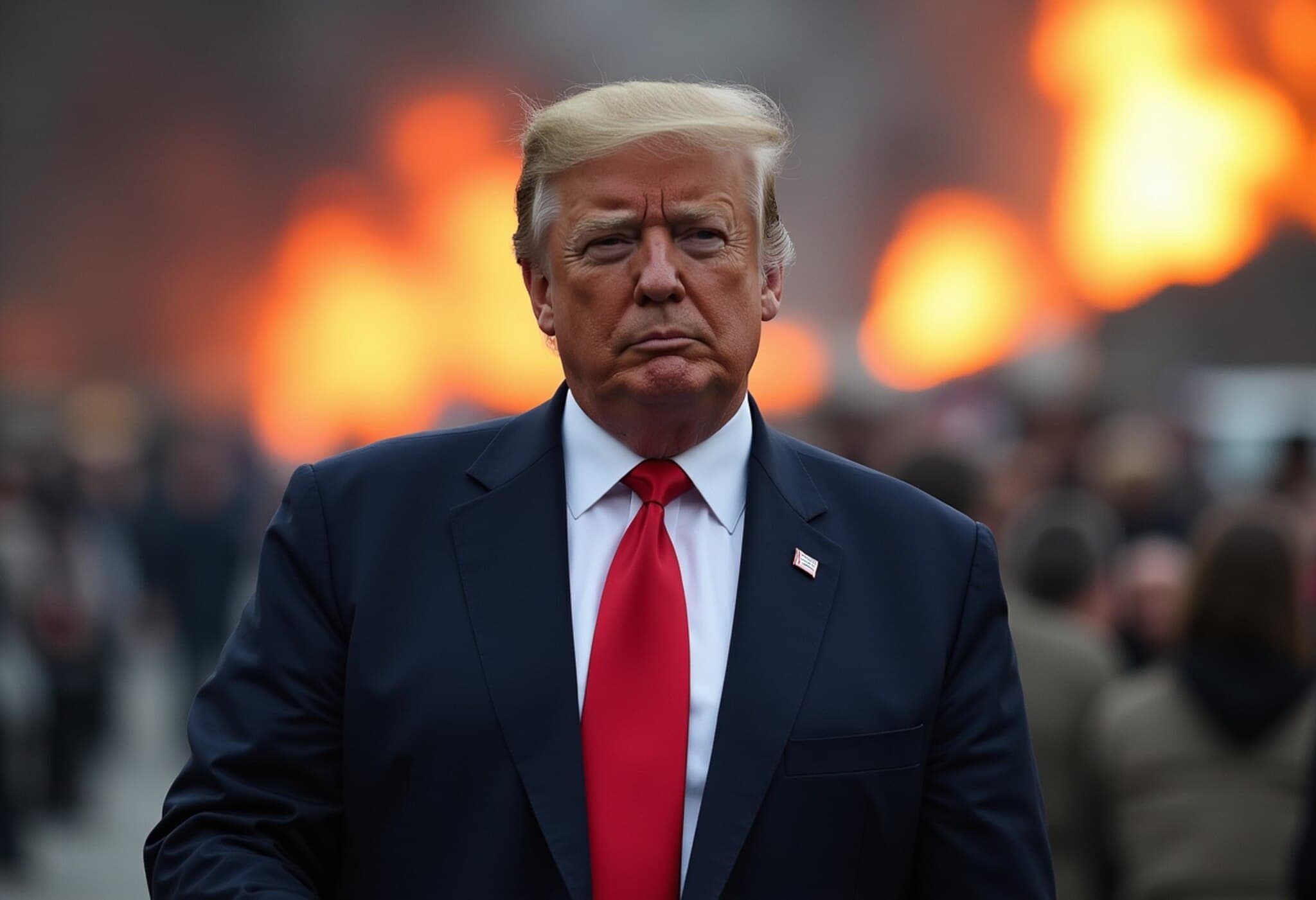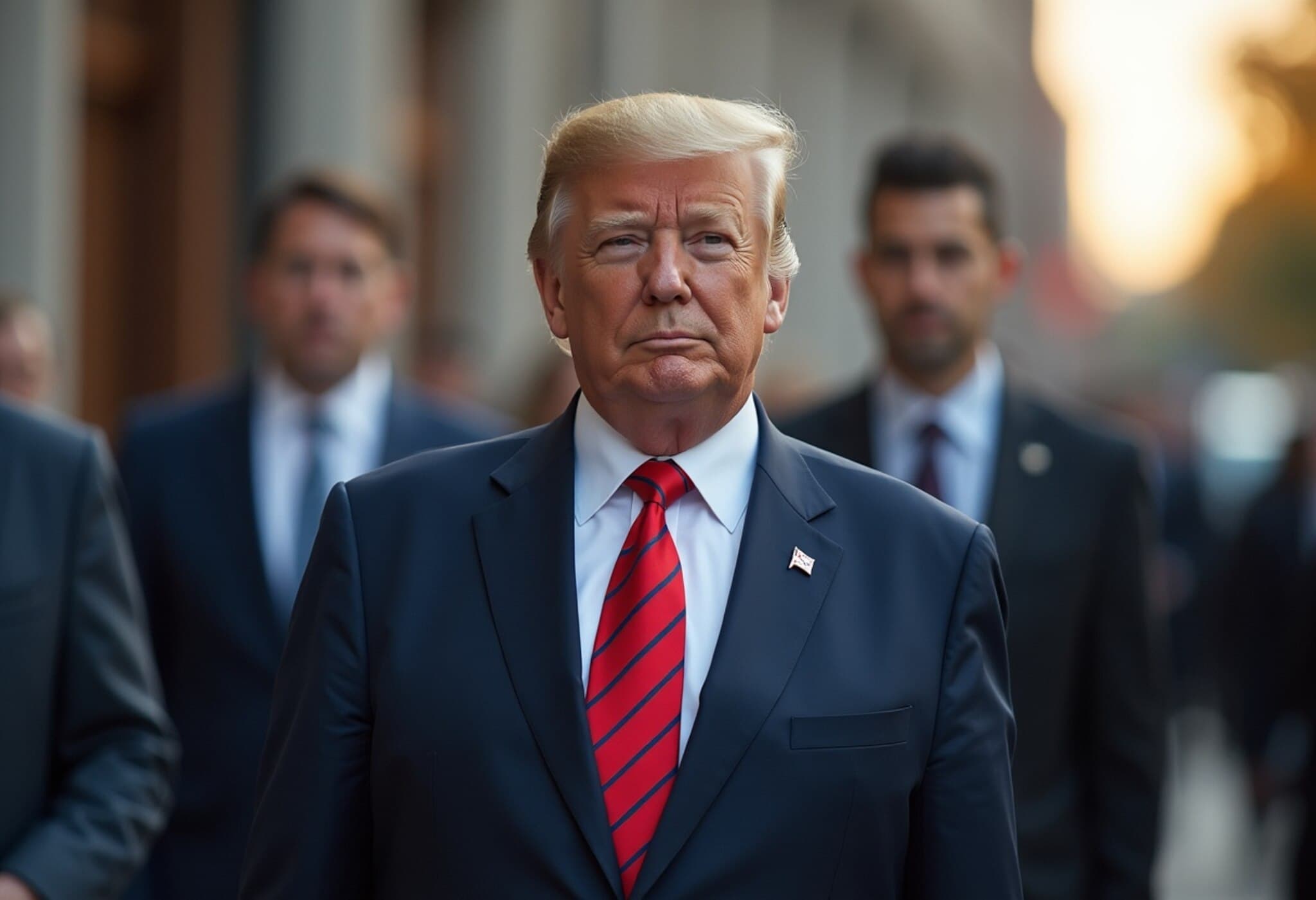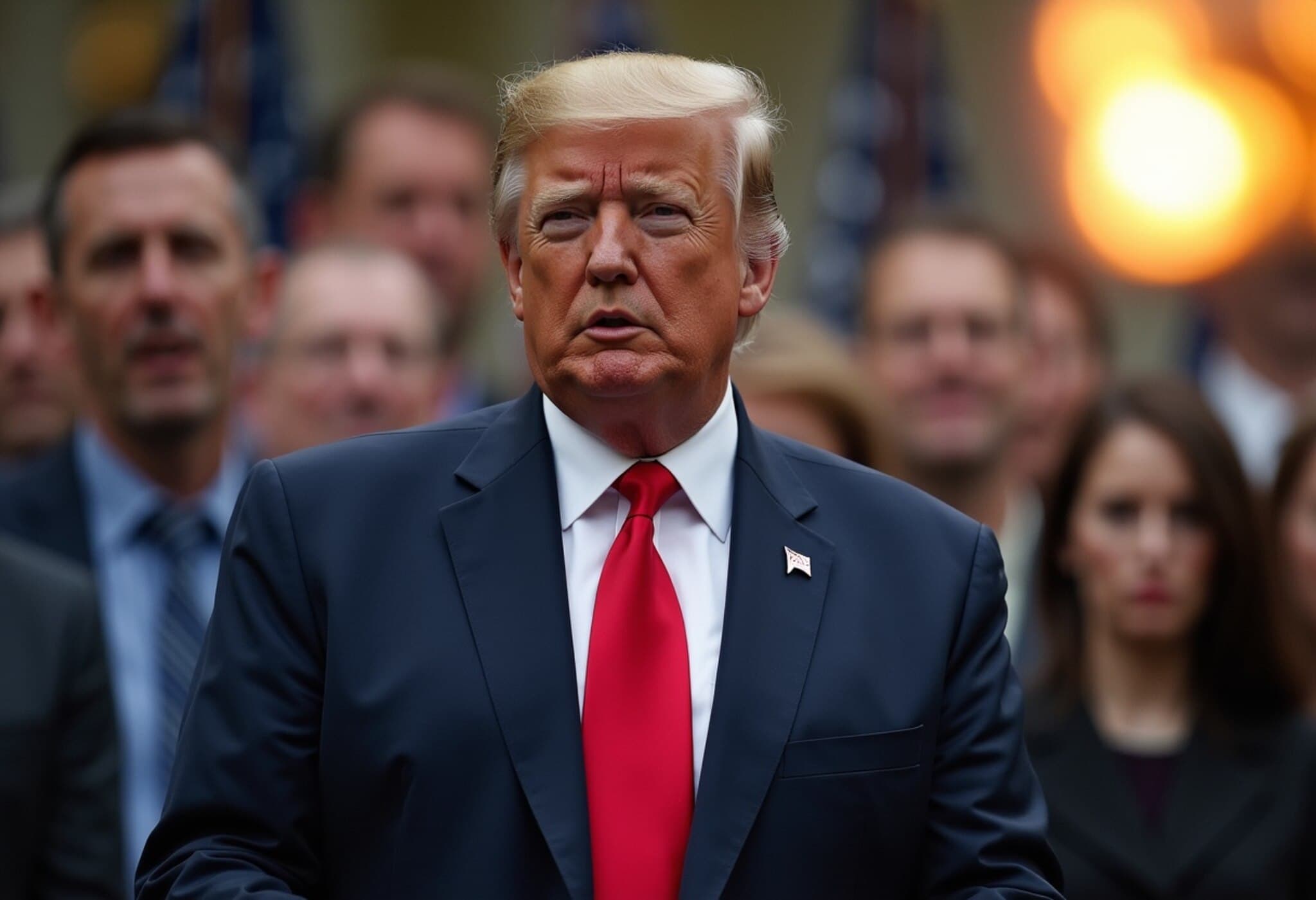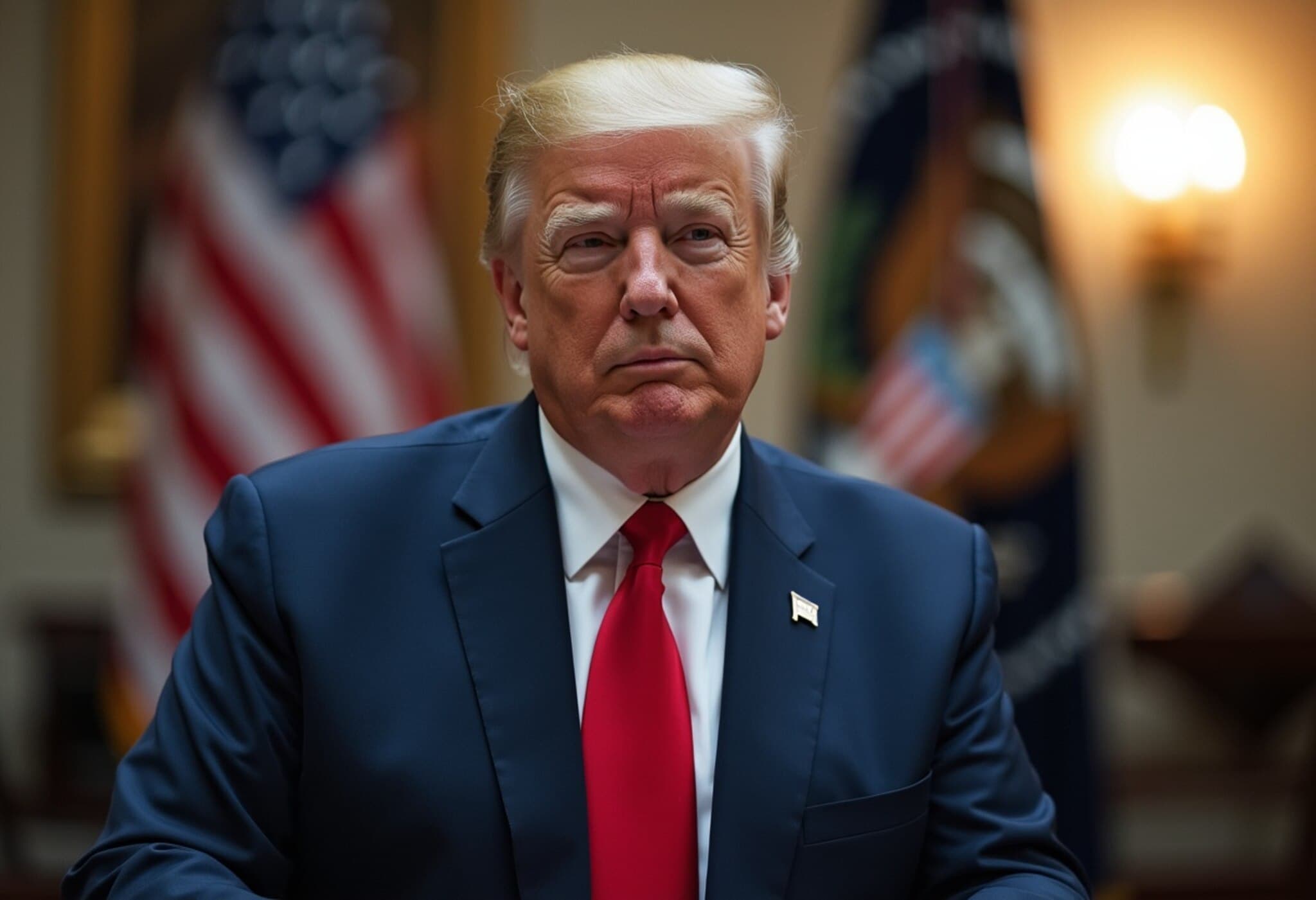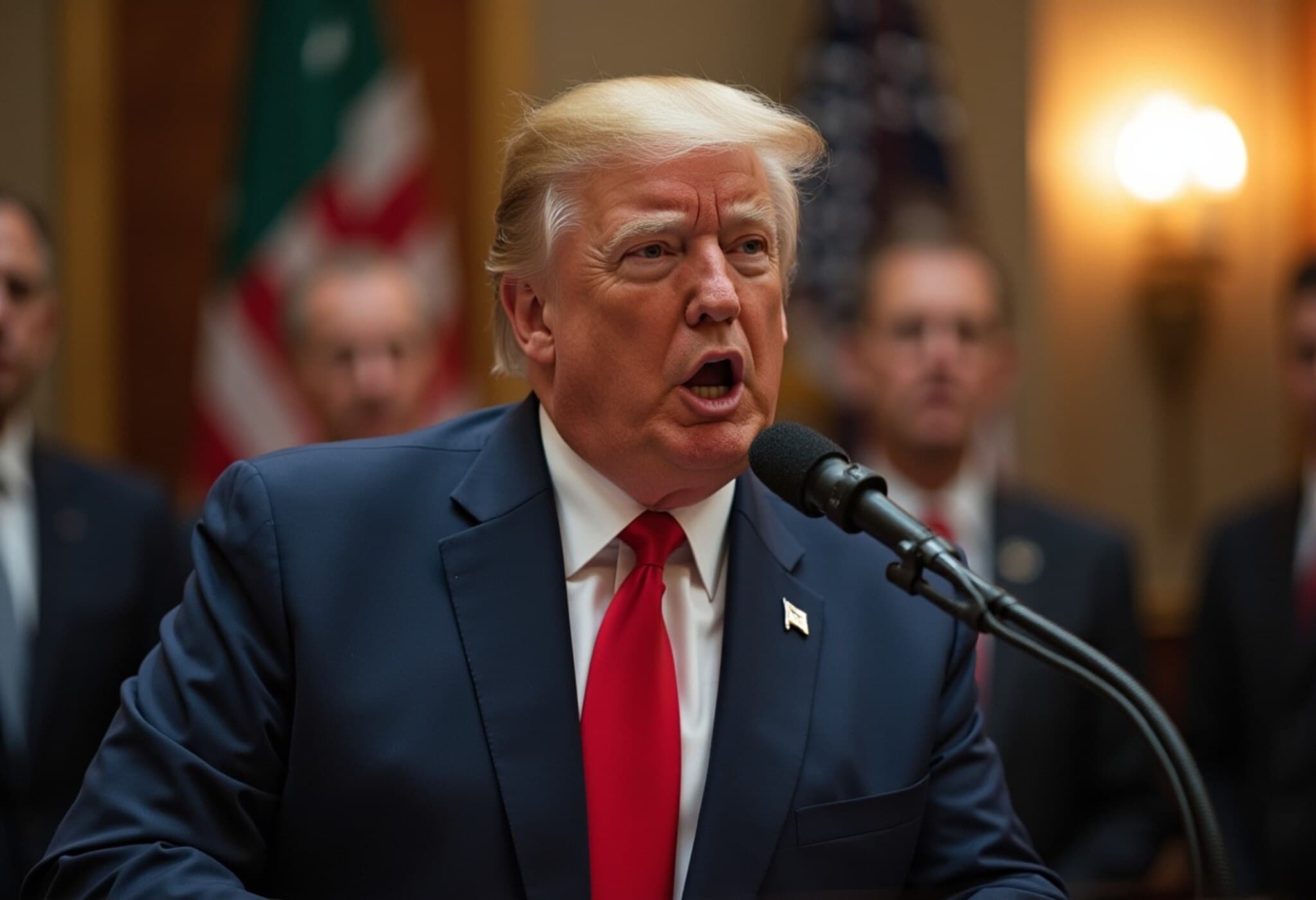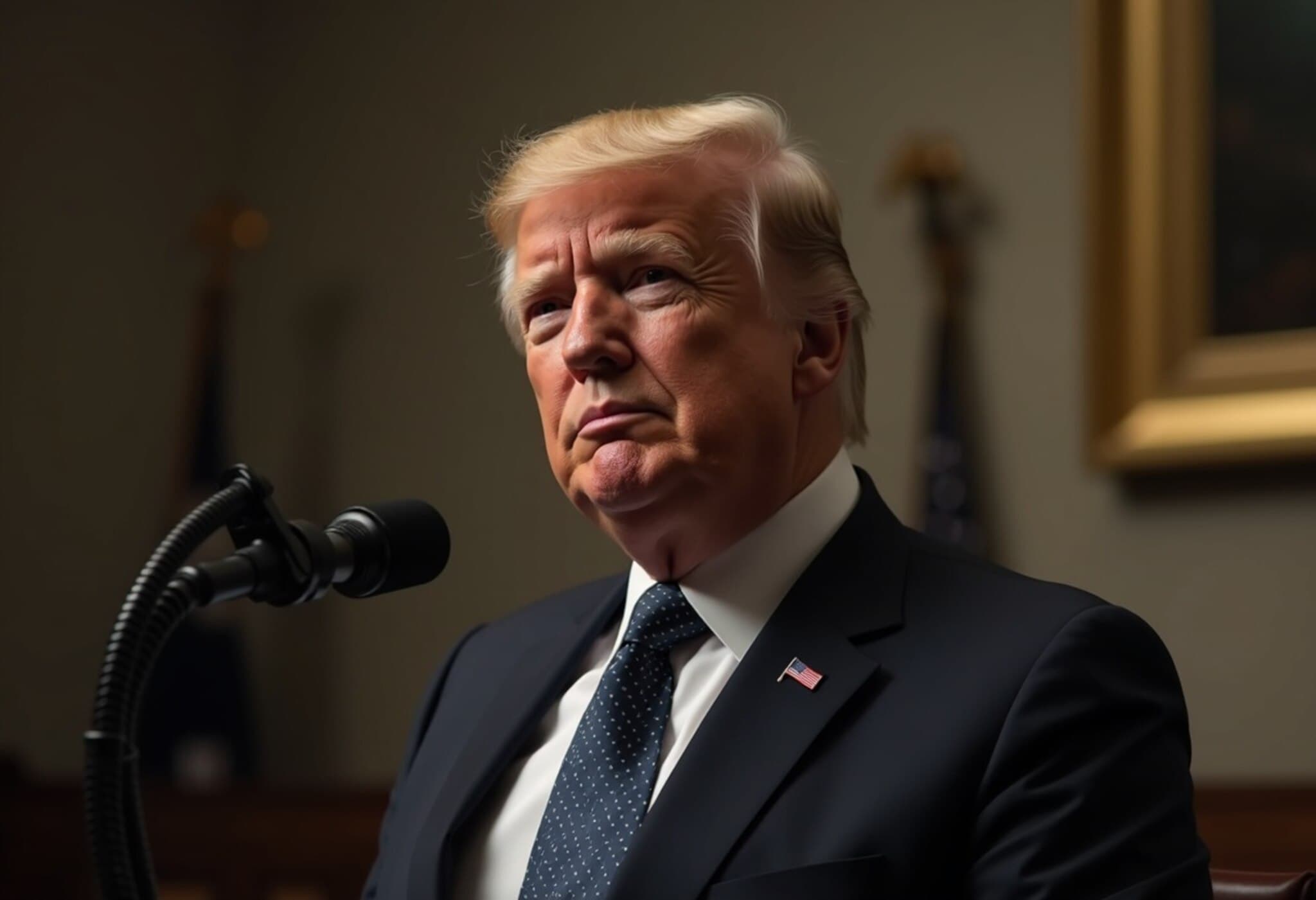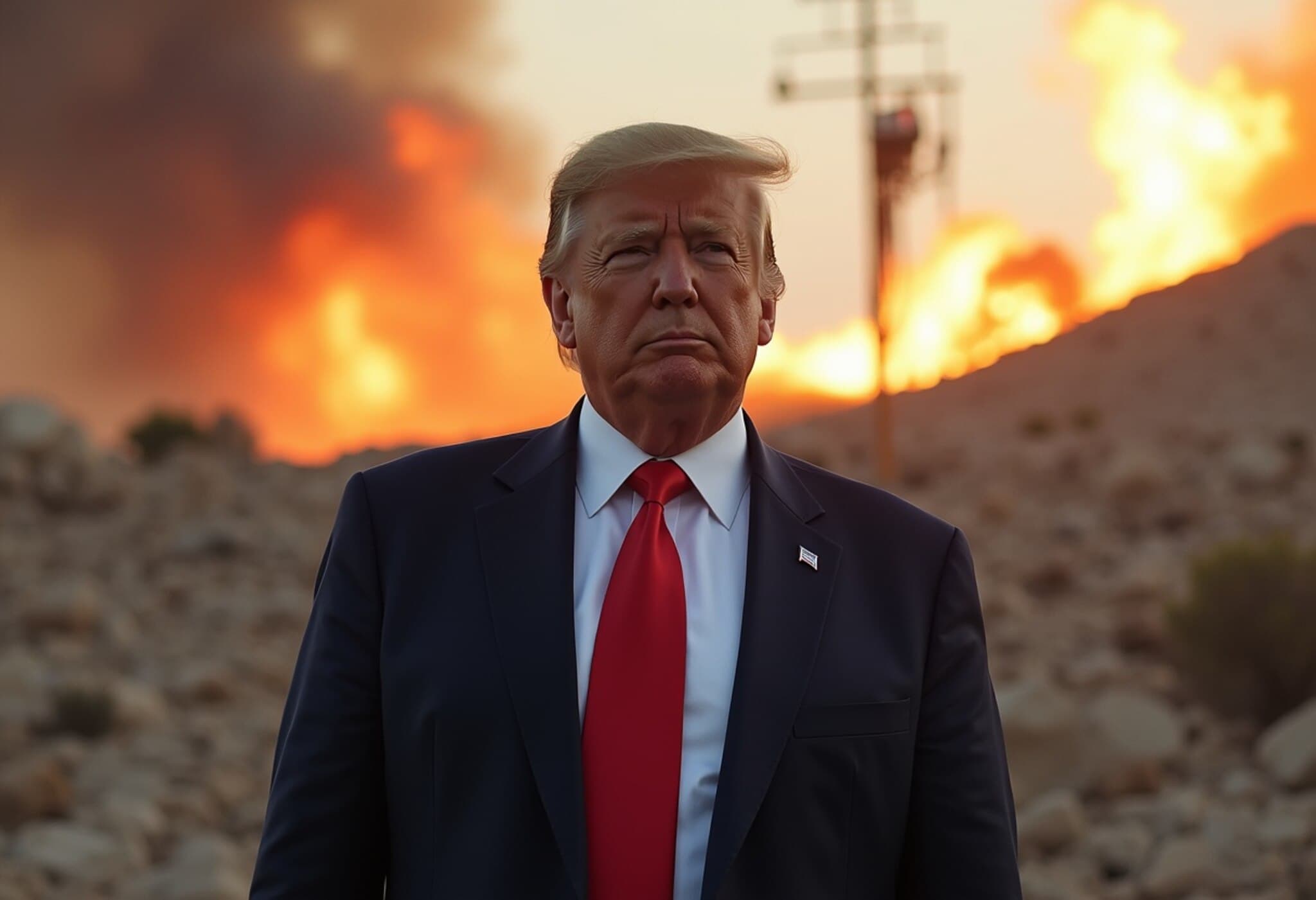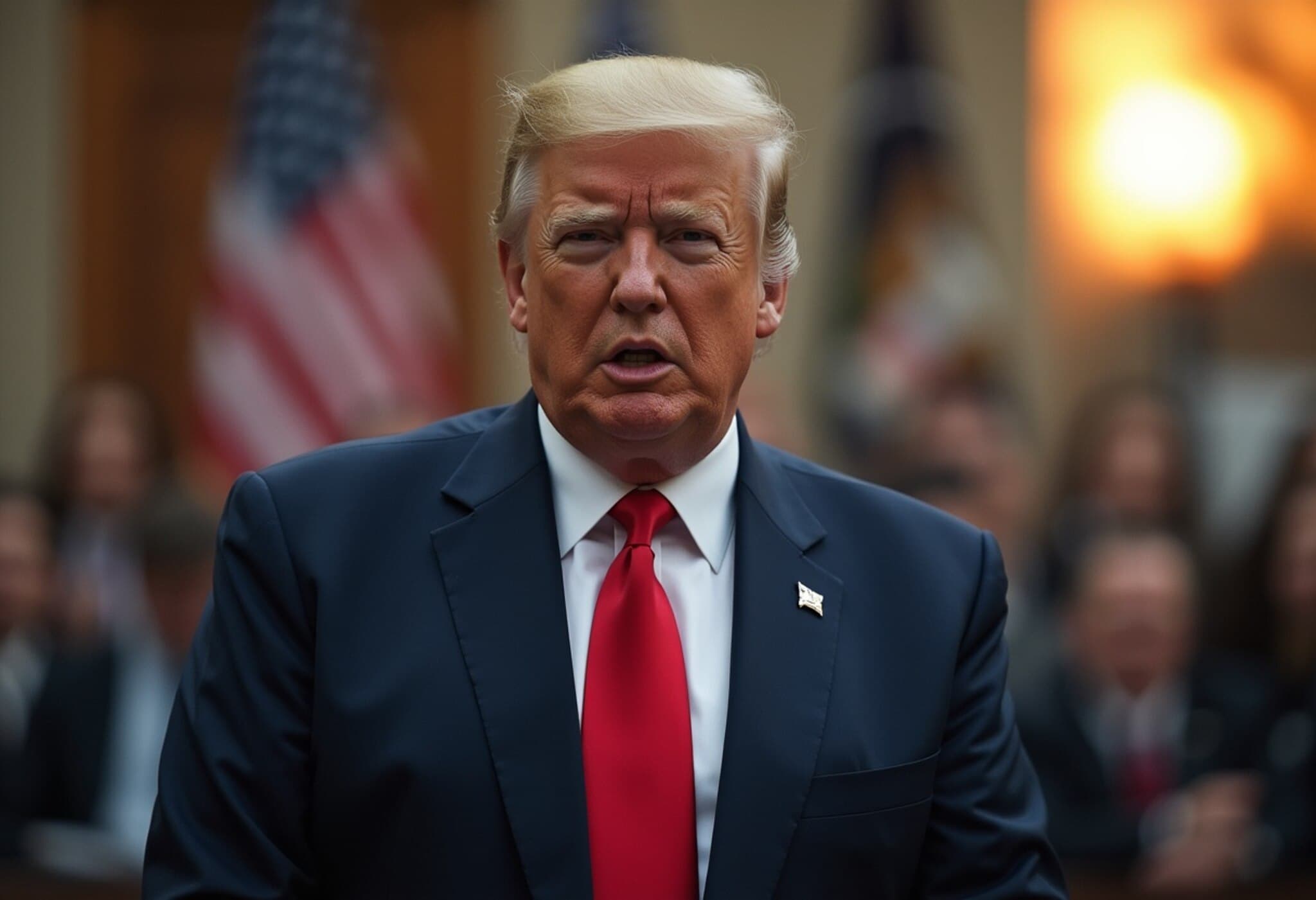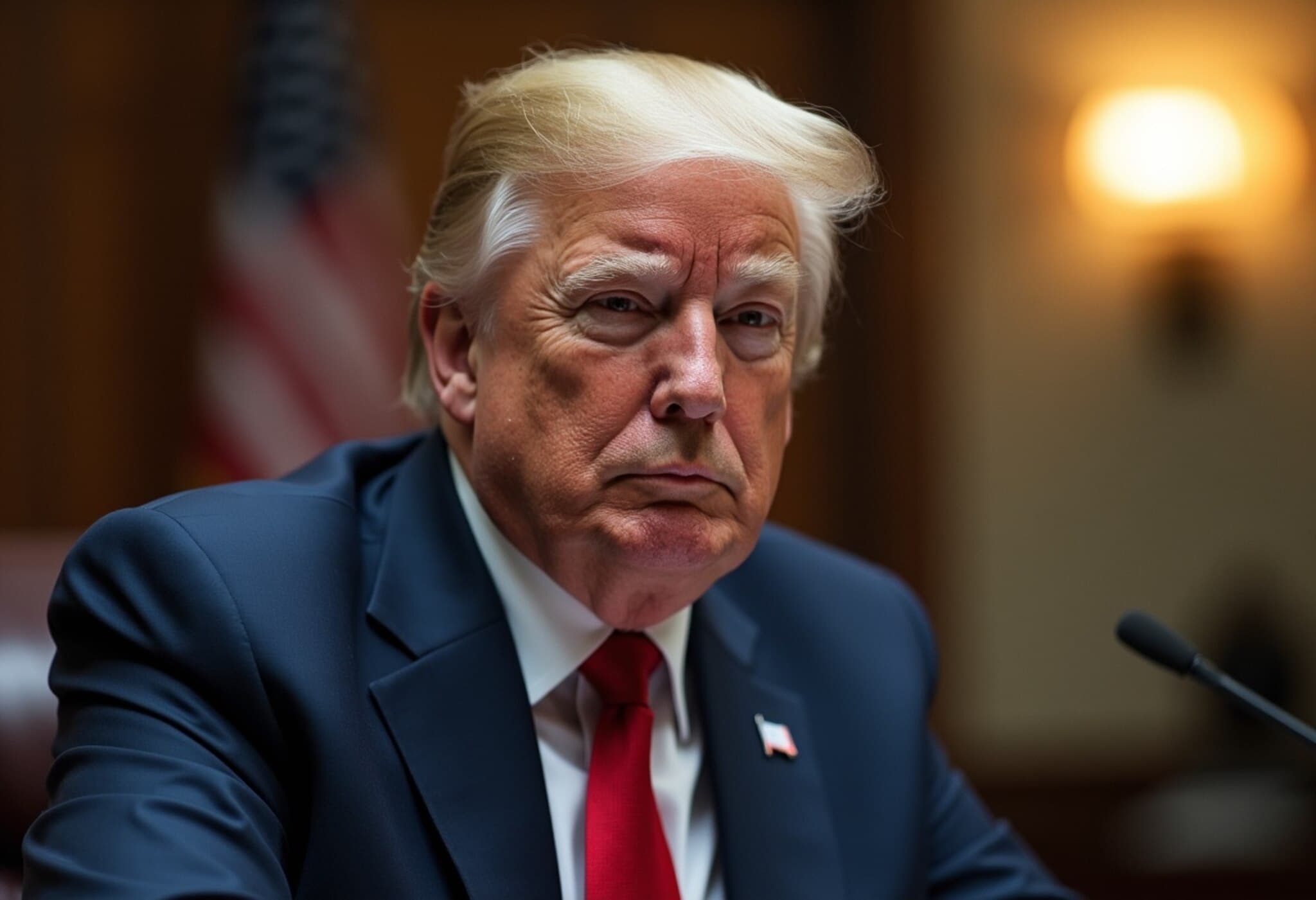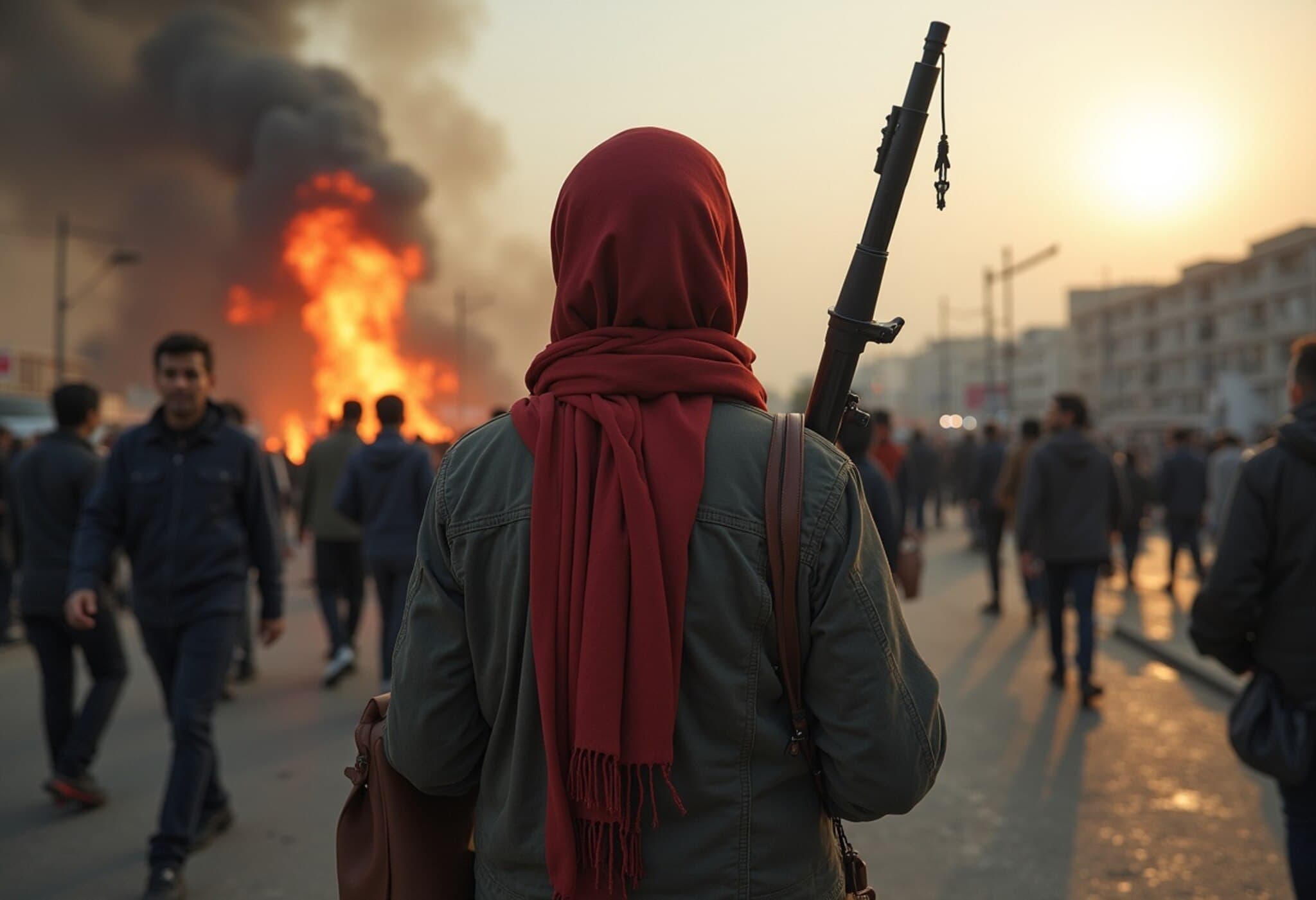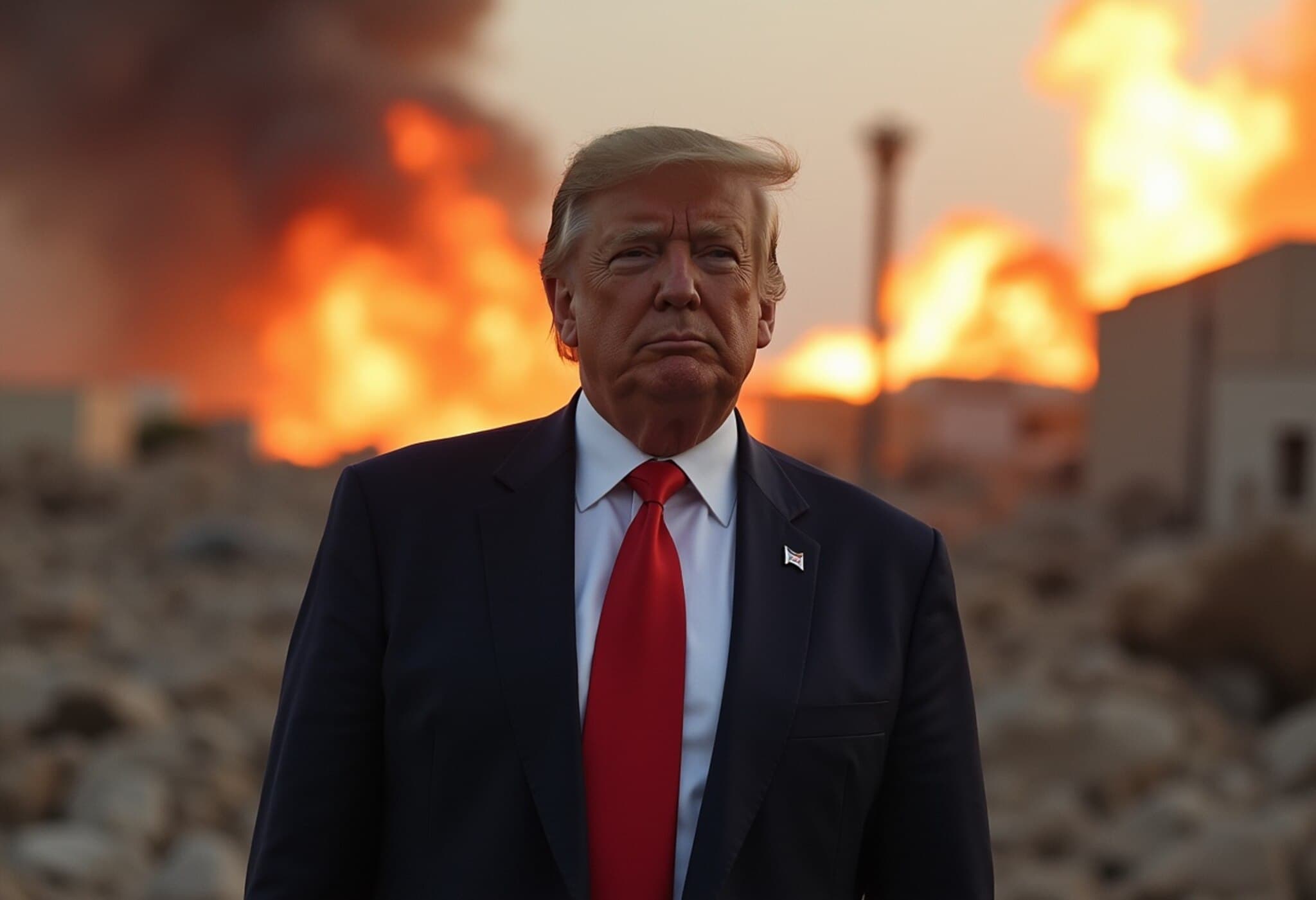Trump's Iran Policy Sparks Unrest Among MAGA Supporters
President Donald Trump finds himself at odds with some of his most loyal Republican allies over the prospect of U.S. military action against Iran. This unexpected division highlights tensions within the "Make America Great Again" coalition, particularly among its traditionally isolationist faction.
Isolationist Allies Voice Concern
Key Trump confidants, including former strategist Steve Bannon, have urged caution amid growing speculation that the U.S. might join Israel in targeting Iran’s nuclear capabilities. Speaking at a recent event in Washington, Bannon warned against repeating past military overreach, saying, "We can't do this again. We'll tear the country apart. We can't have another Iraq."
This hesitance reflects fears within the Republican base that deeper involvement in Middle Eastern conflicts would distract from pressing domestic and global priorities — such as fostering Gulf cooperation, ending the war in Ukraine, and securing trade agreements.
Trump’s Stance and Base Response
Despite the pushback, Trump remains firm on one principle: Iran must not develop nuclear weapons. At a White House briefing, the former president dismissed concerns over disquiet among supporters, asserting his mutual loyalty with them is stronger than ever.
"I'm not looking to fight," Trump said, "but if it's a choice between fighting or allowing Iran to obtain a nuclear weapon, you have to do what you have to do."
Political allies acknowledge the divide as substantial but believe Trump's core following will stay loyal regardless. Marc Short, a former Trump legislative director, noted that many Republicans traditionally support strong U.S. backing for Israel, with polls showing nearly half of GOP voters favoring military defense of Israel against external threats.
Concerns Over Escalation and Messaging
Steve Bannon emphasized the need for thoughtful deliberation and public backing before the U.S. commits further militarily. He stressed the importance of communicating to Americans the gravity of engaging with Iran — a nation with nearly 100 million people and a complex history.
Similarly, other MAGA figures such as Tucker Carlson and Representative Marjorie Taylor Greene have expressed unease. Greene criticized anyone pushing for U.S. involvement as betraying America First principles, stating: "We are sick and tired of foreign wars. All of them."
Relations recently grew tenser when Carlson confronted Senator Ted Cruz for advocating regime change in Iran, a clash that drew significant public attention and highlighted the internal party friction.
Political Implications and Next Steps
Vice President JD Vance attempted to soothe concerns by acknowledging the public's wariness of foreign engagements while affirming trust in the president's judgment.
As the debate intensifies, Trump has indicated he is weighing options but has yet to reach a final decision on U.S. involvement. The outcome could have lasting effects on Trump's standing with the MAGA base and influence Republican prospects ahead of the 2026 midterms.
In a moment when foreign policy sharply intersects with domestic political loyalty, the coming weeks will prove pivotal in shaping the Republican Party’s unity and approach to Iran.

